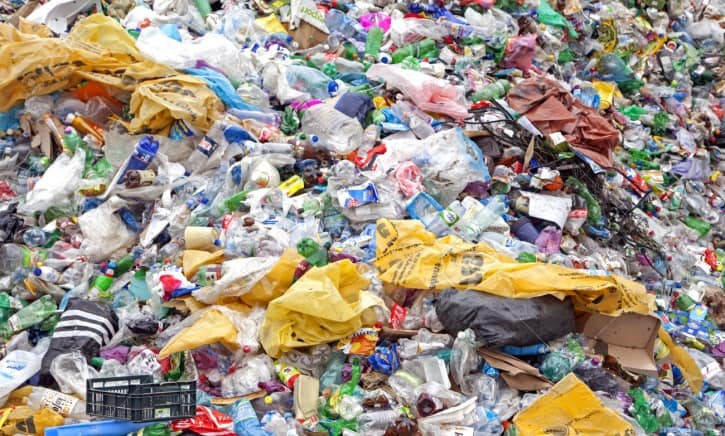Manufacturers challenged to rethink plastic food packaging
Manufacturers are being challenged by the Local Government Association to rethink plastic food packaging so that councils can increase recycling and reduce waste sent to landfill.


According to LGA, 525,000 tonnes of plastic pots, tubs and trays are used by households a year but just 169,145 tonnes of this waste is recyclable. Consequently, LGA is calling for manufacturers to work with councils to develop a plan to stop unrecyclable food packaging from entering the environment.
Packaging for food can be made from a variety of polymers that need to be separated out to remove “low grade” and non-recyclable polymers such as polystyrene. LGA state that fruit and vegetable punnets are often made from three different types of polymers including polystyrene. Some plastic packaging is made from a combination of polymers, as different plastics are used in the body and lid of a yoghurt pot.
In addition to developing a plan that ensures recyclable packaging is used where possible, councils are calling on the government to consider a ban on low-grade plastics, and for producers and manufacturers to contribute to the cost of collection or disposal.
Register now to continue reading
Thanks for visiting The Engineer. You’ve now reached your monthly limit of news stories. Register for free to unlock unlimited access to all of our news coverage, as well as premium content including opinion, in-depth features and special reports.
Benefits of registering
-
In-depth insights and coverage of key emerging trends
-
Unrestricted access to special reports throughout the year
-
Daily technology news delivered straight to your inbox










Water Sector Talent Exodus Could Cripple The Sector
Maybe if things are essential for the running of a country and we want to pay a fair price we should be running these utilities on a not for profit...